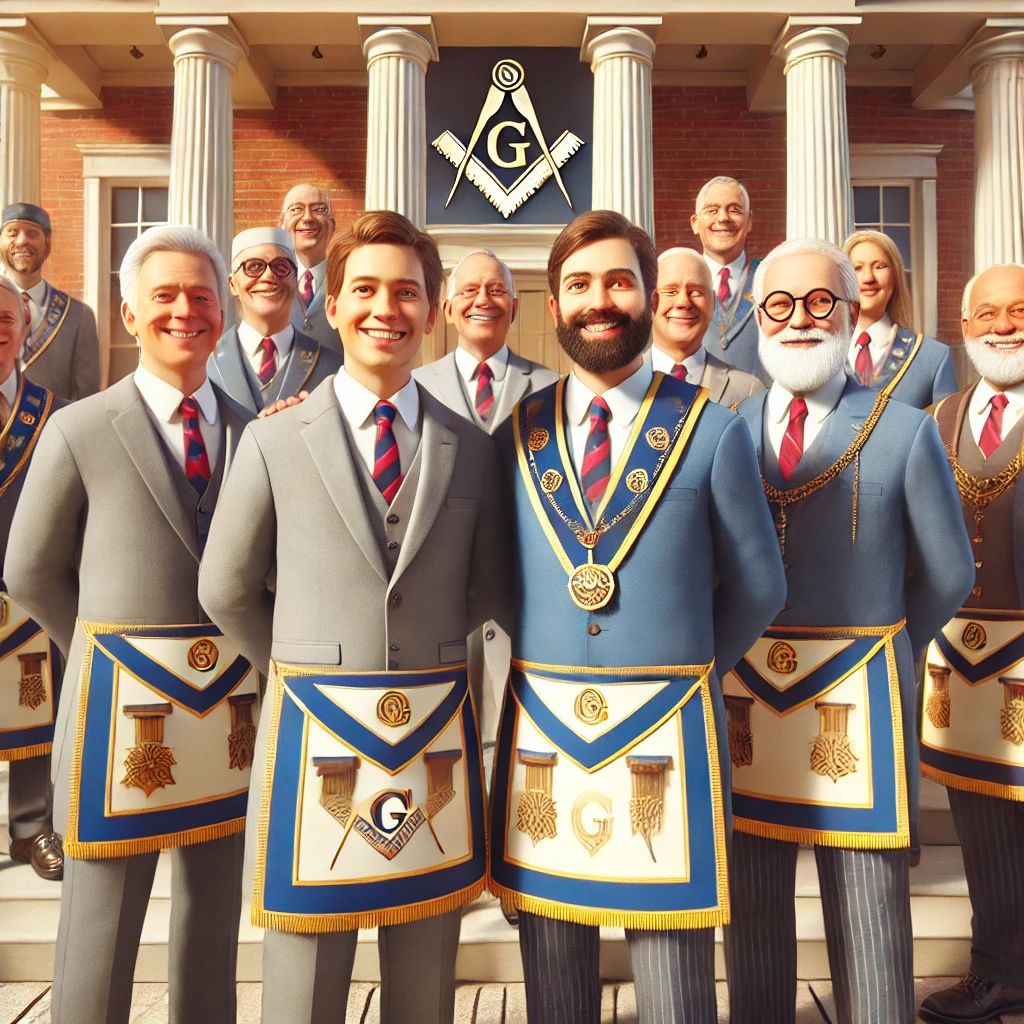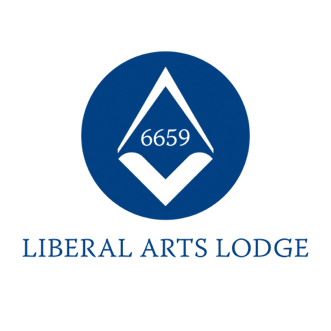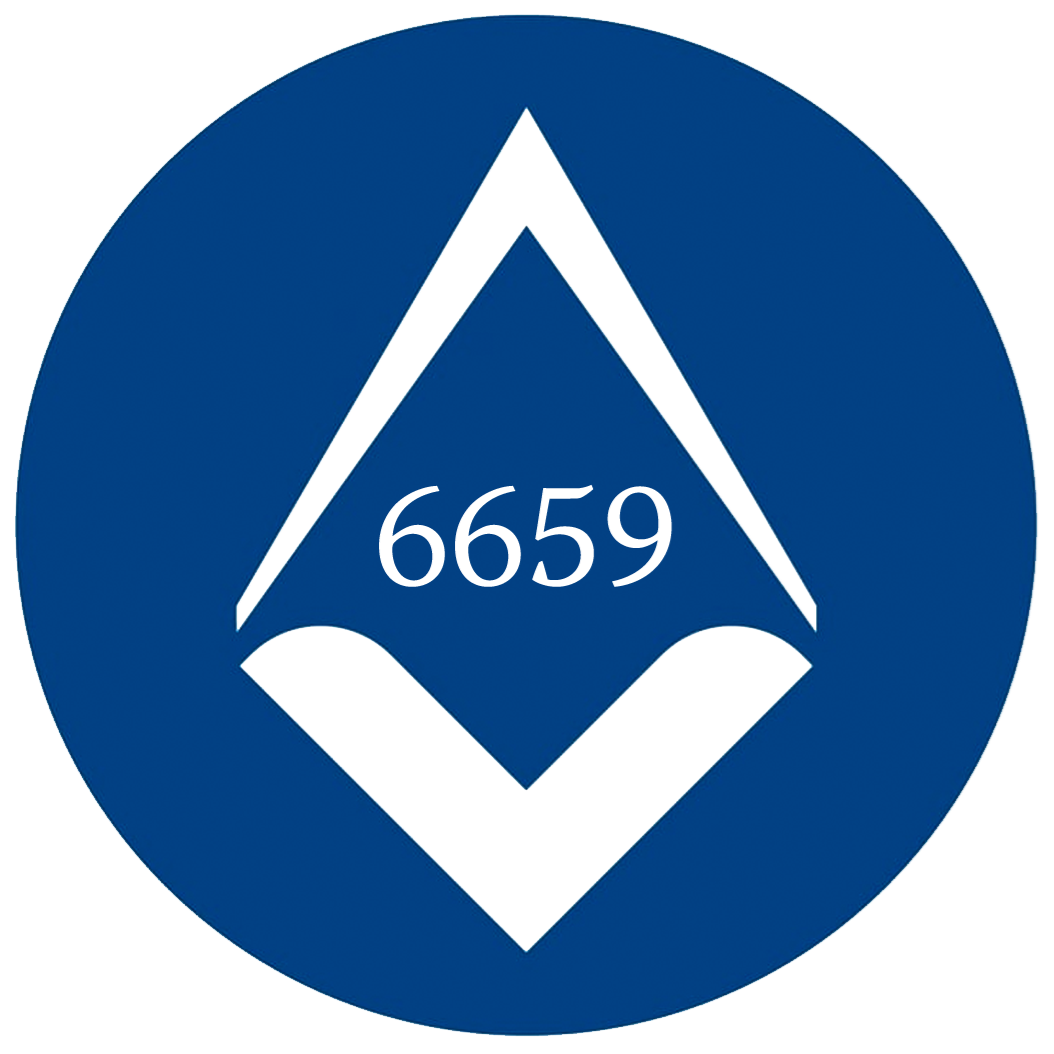
Freemasonry is one of the oldest and most respected fraternal organisations in the world. With a rich history and a strong set of core values, it offers its members a unique path to personal and communal development. This blog explores the reasons why joining Freemasonry can be a transformative and fulfilling experience.
What is Freemasonry?
Freemasonry is a fraternal organisation that traces its origins back to the local fraternities of stonemasons in the Middle Ages. These fraternities were responsible for the regulation and training of masons, who were essential in the construction of cathedrals and other important buildings of that era. Over time, Freemasonry evolved into a global fraternity that focuses on personal development, ethical living, and community service.
A Brief History
Freemasonry’s origins date back to the late medieval period, but it formally emerged in its modern form in the early 18th century with the establishment of the Grand Lodge of England in 1717. This event marked the beginning of a structured organisation that has since spread worldwide, influencing various aspects of society and culture.
Core Values
The principles of Freemasonry are brotherly love, relief, and truth. These values guide members in their personal and communal lives. Brotherly love emphasises the bond of friendship and support among members. Relief focuses on charitable actions and helping those in need. Truth upholds the importance of integrity and honesty.
Benefits of Joining Freemasonry
Joining Freemasonry offers numerous benefits that appeal to individuals seeking personal growth, community involvement, and a sense of brotherhood.
Personal Development
Freemasonry encourages self-improvement through its rituals and teachings. Members are given opportunities to develop their character, learn new skills, and achieve their personal goals. The fraternity promotes continuous learning and intellectual growth through lectures, discussions, and study.
Community and Brotherhood
Freemasonry provides a supportive community where members build lifelong friendships and work together to help others. The sense of brotherhood within the fraternity creates a network of support and mutual respect. Members participate in various social and charitable activities, fostering a sense of belonging and purpose.
Ethical and Moral Guidance
Freemasonry promotes high ethical standards and moral living. The teachings and rituals of the fraternity provide a framework for members to live by, encouraging them to act with integrity and uphold strong moral values. This ethical guidance extends to all aspects of life, including personal, professional, and community interactions.
How to Become a Freemason
Becoming a Freemason involves a structured process that ensures new members are committed to the principles and values of the fraternity.
Membership Requirements
To join Freemasonry, one must be an adult male of good moral character, believe in a Supreme Being, and be recommended by existing members. Each lodge may have additional requirements, but these are the basic criteria for membership.
The Initiation Process
The initiation process involves several stages, known as degrees, where new members learn about the symbols and teachings of Freemasonry. The first degree, Entered Apprentice, introduces the fundamental principles of the fraternity. The second degree, Fellowcraft, focuses on further education and skill development. The third degree, Master Mason, confers full membership and responsibilities.
The Journey of a Freemason: From Apprentice to Master
Becoming a Freemason is a journey through different degrees, each with its own significance and teachings. This progression allows members to deepen their understanding of Freemasonry’s values and practices.
Entered Apprentice
The Entered Apprentice degree is the first step in a Freemason’s journey. It introduces new members to the basic principles and symbols of the fraternity. This stage emphasises the importance of education, moral development, and the commitment to self-improvement.
Fellowcraft
The Fellowcraft degree represents the second stage of a Freemason’s journey. It emphasises further education and skill development. Members delve deeper into Masonic teachings and symbolism, enhancing their understanding and appreciation of the fraternity’s values.
Master Mason
The Master Mason degree is the culmination of a Freemason’s journey. It confers full membership and the responsibilities that come with it. Master Masons are committed to living by the principles of Freemasonry and contributing to the fraternity and society.
Conclusion
Becoming a Freemason is a journey of personal and communal growth. By upholding the values of brotherly love, relief, and truth, members contribute to their own development and the betterment of society. Freemasonry offers a unique path to personal fulfillment, ethical living, and community involvement.

